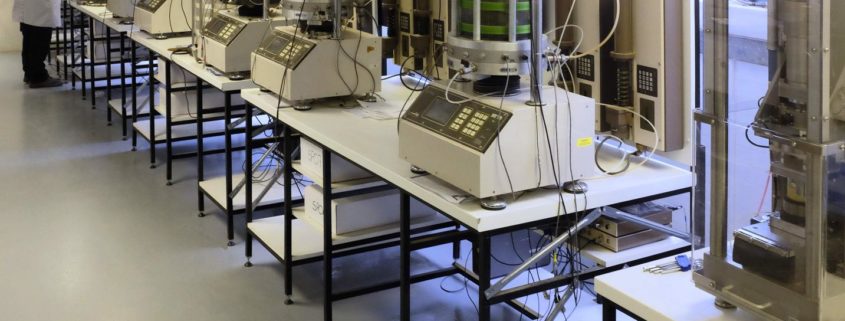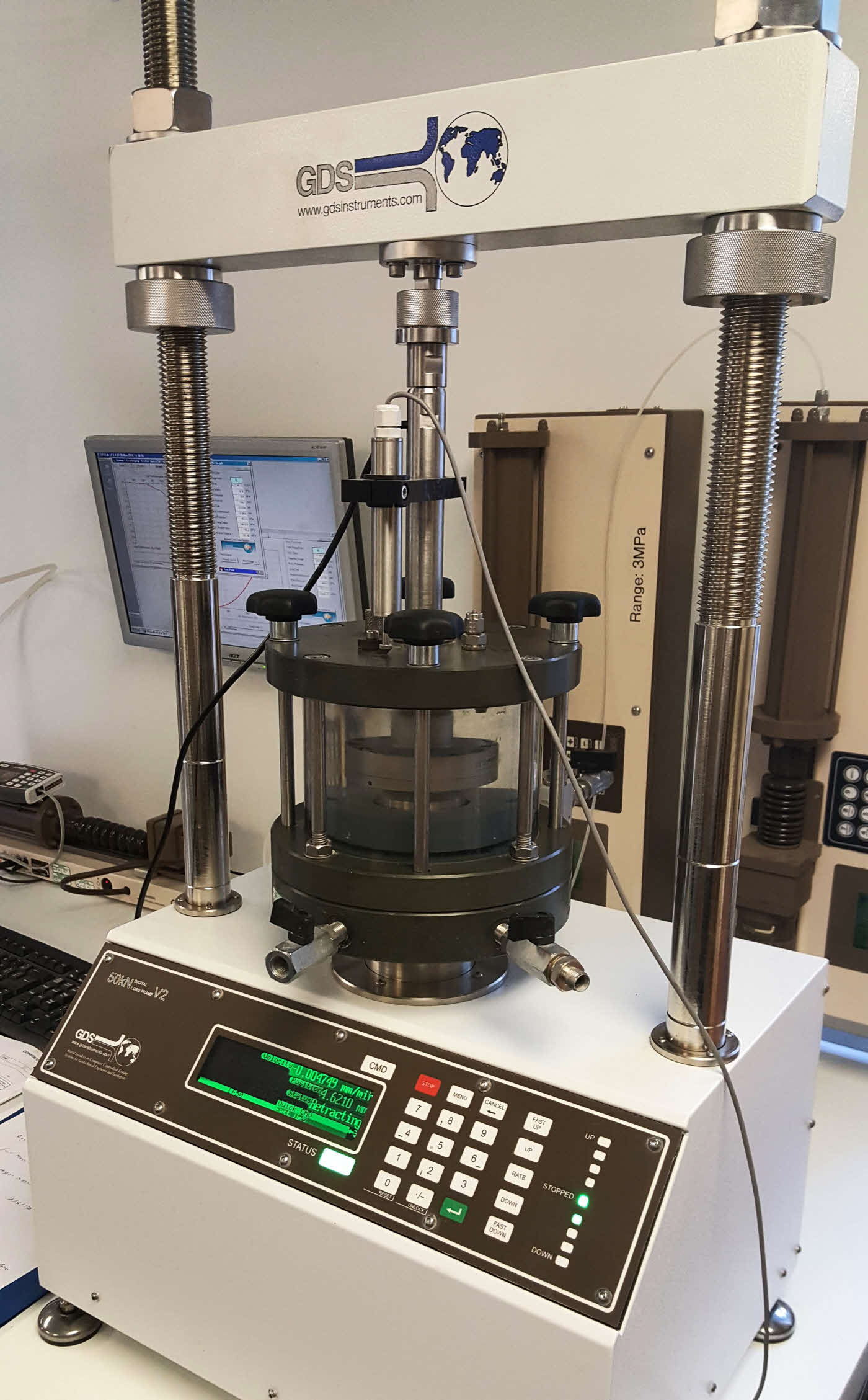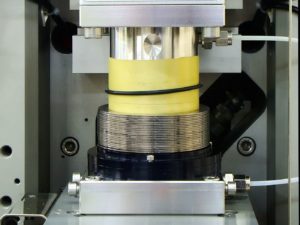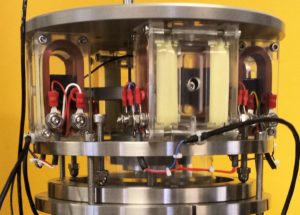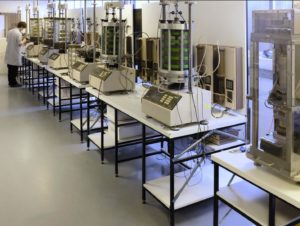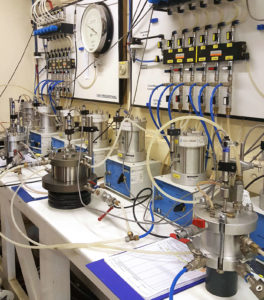Geolabs Limited continuing to expand it’s testing resources and capabilities
Geolabs Limited have recently implemented the next phase of their advanced testing expansion which includes more Anisotropic CAU/CAD triaxial equipment featuring local strain and shear wave velocity measurements as well as Resonant Column (RC), Direct Simple Shear (DSS), Cyclic Simple Shear (CyDSS) and Continuous Rate of Strain Consolidation (CRS) test facilities.
This reinforces Geolabs Limited’s commitment to continuously evolving and innovating to ensure that we provide the widest range of soil and rock testing resources to all of our clients in both the commercial and research sectors.
Constant Rate of Strain (CRS) Oedometer – Pore pressure measurement at the base of the specimen and the ability to saturate the specimen under a back pressure allow a continuous, rather than incremental, determination of consolidation parameters throughout the loading up to a maximum stress of 25 MPa at 50 mm diameter.
Direct Simple Shear (DSS and CyDSS) – Teflon-coated highly polished rings confine the specimen radially while the 5000 Hz closed-loop control of height ensures a constant volume for the measurement of shear modulus at up to 5 cycles per second.
Resonant Column – Powerful rare earth Neodymium magnets combined with sophisticated electromagnetic coils and accelerometers allow precise control of strain and measurement of the resonant frequency of soil and weak rock specimens over a range of strains.
Advanced Triaxial Testing – Closed-loop computer-controlled load frames and flushable mid-height pore pressure transducers permit stress paths to be accurately applied in anisotropic as well as isotropic conditions, with piezo bender elements and local strain gauges facilitating a wide range of stiffnesses to be determined in different orientations.
Rowe (Hydraulic) Cells – The myriad of different drainage options including radial and vertical, under either free or equal strain, and with the capability of direct measurement of permeability all with the measurement of pore pressure are particularly suited for investigating the anisotropic properties of laminated materials.

